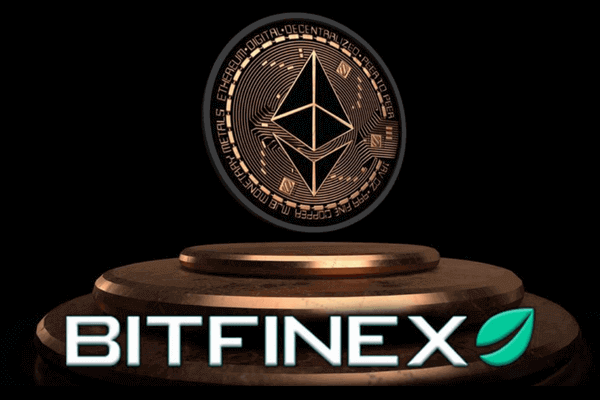Governments are searching for scalable solutions that promote privacy, control, and decentralized data management as blockchain technology pushes the limits of identification administration.
The blockchain identification management market is expected to increase by $3.58 billion in the next five years, from 2021 to 2025. The increasing need for digitalization, as well as privacy-respecting identity solutions, are two key drivers.
As a result, a number of technology offerings have entered the market to meet this demand in the form of nonfungible tokens (NFT), distributed ledger technology (DLT), and barebone blockchain technology.
Given the many applications for which blockchain may be utilized on a regular basis, several government agencies have started looking into the technology — weighing heavily on central bank digital currencies (CBDC) and user verifiable and immutable identification.
To guarantee efficient service delivery, governments have always needed to properly identify individuals which remains true today.
However, recent technological developments gave the general public methods to generate IDs that were visually similar to the real thing. Given blockchain’s potential to preserve permanent records, officials consider it a possible safeguard against fraud related to ID theft and fakes.
Blockchain technology can and has been utilized to create immutable records over the internet, but developments in the last decade have resulted in the creation of sub ecosystems surrounding blockchain use.
The concept of blockchain-based digital IDs has been around for a while, but the recent NFT boom made it popular again. Blockchain-based digital IDs, such as the issuing of national identity cards like passports and driver’s licenses, will be more widely implemented in the future.
The benefits of blockchain, as previously stated, are nearly all focused on immutability. However, the technology has a number of advantages over traditional software and paper-based systems. The ability to retain control over personal information is at the heart of the debate around blockchain’s advantages.
Blockchain’s greatest benefit is self-sovereignty, which implies that users can share limited or selective information with their service providers instead of surrendering their complete identity. The most crucial obstacles that might prevent blockchain-based digital IDs from being adopted in the mainstream will have to be overcome. The lack of education among the general public and a permissive regulatory environment are two prominent barriers that stand out in today’s market.
Related Posts





